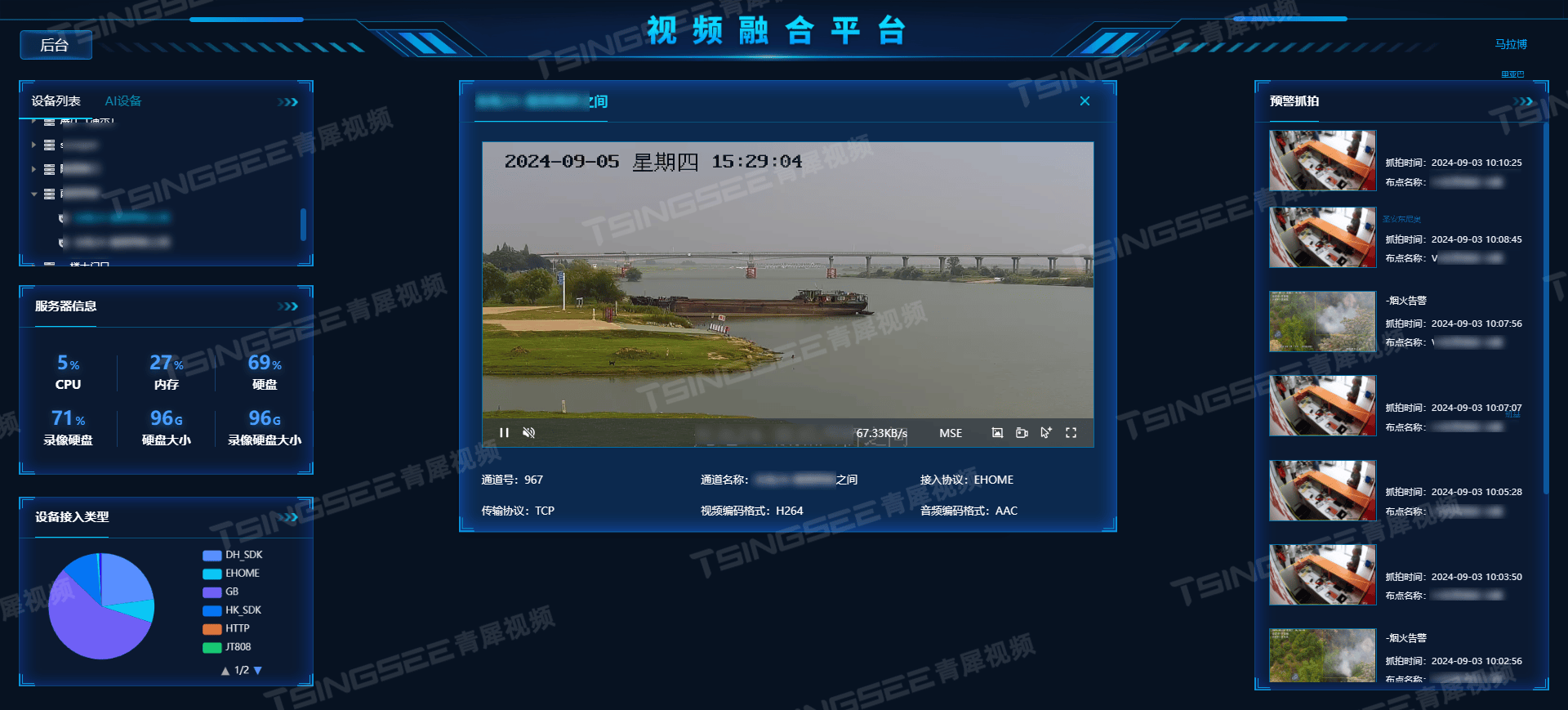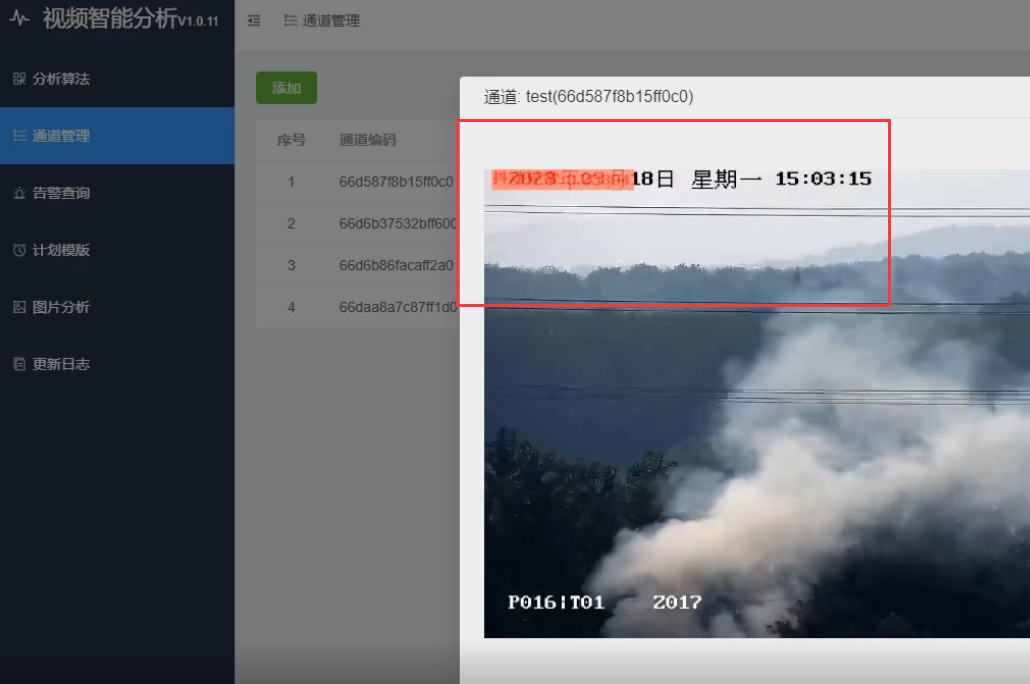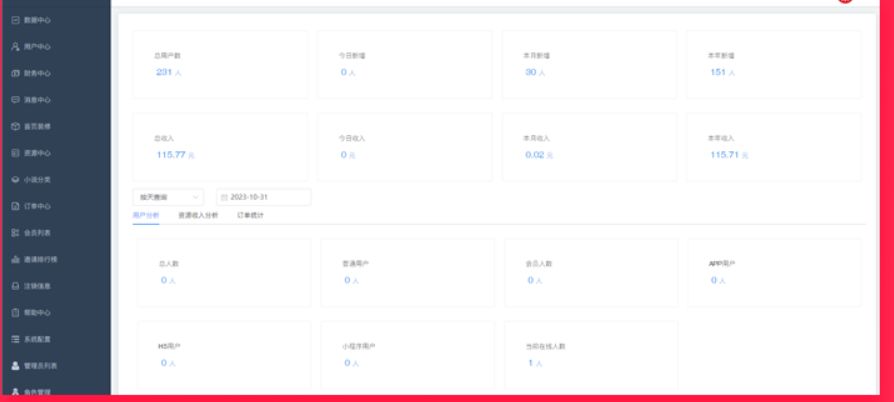本文主要是介绍HDC2010+STM32读取数据发送到onenet平台,希望对大家解决编程问题提供一定的参考价值,需要的开发者们随着小编来一起学习吧!
第一次用HDC2010用stm32l051单片机读取数据看了2天的datasheet都没看明白,好在在老板的帮助下里面的数据读取出来。之后的工作一个人好在顺利完成。以下记录一下写的代码
/* USER CODE BEGIN Header */
/********************************************************************************* @file : main.c* @brief : Main program body******************************************************************************* @attention** Copyright (c) 2022 STMicroelectronics.* All rights reserved.** This software is licensed under terms that can be found in the LICENSE file* in the root directory of this software component.* If no LICENSE file comes with this software, it is provided AS-IS.********************************************************************************/
/* USER CODE END Header */
/* Includes ------------------------------------------------------------------*/
#include "main.h"
#include "i2c.h"
#include "usart.h"
#include "gpio.h"
#include "stm32l0xx.h" // Device header
#include "stdio.h"
#include <string.h> uint8_t Receivedata[4];
uint8_t measure[1]={0x01},inter[1]={0x50},eable[1]={0x00};
void SystemClock_Config(void);int main(void)
{HAL_Init();/* USER CODE BEGIN Init *//* USER CODE END Init *//* Configure the system clock */SystemClock_Config();/* USER CODE BEGIN SysInit *//* USER CODE END SysInit *//* Initialize all configured peripherals */MX_GPIO_Init();MX_I2C1_Init();MX_I2C2_Init();MX_USART1_UART_Init();MX_USART2_UART_Init();/* USER CODE BEGIN 2 */HAL_GPIO_WritePin(GPIOB,GPIO_PIN_12,GPIO_PIN_RESET);HAL_GPIO_WritePin(GPIOB,GPIO_PIN_13,GPIO_PIN_SET);/* USER CODE END 2 */HAL_I2C_Mem_Write(&hi2c2, 0x80, 0x07, I2C_MEMADD_SIZE_8BIT,eable,1,0xFF);HAL_I2C_Mem_Write(&hi2c2, 0x80, 0x0E, I2C_MEMADD_SIZE_8BIT,inter,1,0xFF);HAL_I2C_Mem_Write(&hi2c2, 0x80, 0x0F, I2C_MEMADD_SIZE_8BIT,measure,1,0xFF);HAL_Delay(10);HAL_I2C_Mem_Read(&hi2c2, 0x80, 0x00, I2C_MEMADD_SIZE_8BIT,Receivedata,4,0xFF);while (1){HAL_I2C_Mem_Read(&hi2c2, 0x80, 0x00, I2C_MEMADD_SIZE_8BIT,Receivedata,4,0xFF);uint8_t rawData[2] = {0, 0};rawData[0]=Receivedata[0];rawData[1]=Receivedata[1];uint16_t temp_raw = (uint16_t)(rawData[1] << 8) | rawData[0];float temp = (float)temp_raw * (165.0f / 65536.0f) - 40.0f;
// printf("%08f\n",temp);uint8_t raw1Data[2] = {0, 0};raw1Data[0]=Receivedata[2];raw1Data[1]=Receivedata[3];uint16_t hum_raw = (uint16_t)(raw1Data[1] << 8) | raw1Data[0];float hum = (float)hum_raw * (100.0f / 65536.0f);
// printf("%08f\n",hum);// char jsonStr[256];
// snprintf(jsonStr, sizeof(jsonStr),
// "{ \"id\": \"1\", \"params\": { \"Temperature\": { \"value\": {\"Temperature\":\"%.1f\"} } } }",
// temp);
// printf("%s", jsonStr);char jsonStr1[512];snprintf(jsonStr1, sizeof(jsonStr1),"{ \"id\": \"1\", \"params\": { \"humiture\": { \"value\": {\"temperature\":\"%.1f\", \"humidity\":\"%.1f\"} } } }",temp, hum);printf("%s", jsonStr1);HAL_Delay(20000);}}/*** @brief System Clock Configuration* @retval None*/
void SystemClock_Config(void)
{RCC_OscInitTypeDef RCC_OscInitStruct = {0};RCC_ClkInitTypeDef RCC_ClkInitStruct = {0};RCC_PeriphCLKInitTypeDef PeriphClkInit = {0};/** Configure the main internal regulator output voltage*/__HAL_PWR_VOLTAGESCALING_CONFIG(PWR_REGULATOR_VOLTAGE_SCALE1);/** Initializes the RCC Oscillators according to the specified parameters* in the RCC_OscInitTypeDef structure.*/RCC_OscInitStruct.OscillatorType = RCC_OSCILLATORTYPE_HSI;RCC_OscInitStruct.HSIState = RCC_HSI_ON;RCC_OscInitStruct.HSICalibrationValue = RCC_HSICALIBRATION_DEFAULT;RCC_OscInitStruct.PLL.PLLState = RCC_PLL_ON;RCC_OscInitStruct.PLL.PLLSource = RCC_PLLSOURCE_HSI;RCC_OscInitStruct.PLL.PLLMUL = RCC_PLLMUL_6;RCC_OscInitStruct.PLL.PLLDIV = RCC_PLLDIV_3;if (HAL_RCC_OscConfig(&RCC_OscInitStruct) != HAL_OK){Error_Handler();}/** Initializes the CPU, AHB and APB buses clocks*/RCC_ClkInitStruct.ClockType = RCC_CLOCKTYPE_HCLK|RCC_CLOCKTYPE_SYSCLK|RCC_CLOCKTYPE_PCLK1|RCC_CLOCKTYPE_PCLK2;RCC_ClkInitStruct.SYSCLKSource = RCC_SYSCLKSOURCE_PLLCLK;RCC_ClkInitStruct.AHBCLKDivider = RCC_SYSCLK_DIV1;RCC_ClkInitStruct.APB1CLKDivider = RCC_HCLK_DIV1;RCC_ClkInitStruct.APB2CLKDivider = RCC_HCLK_DIV1;if (HAL_RCC_ClockConfig(&RCC_ClkInitStruct, FLASH_LATENCY_1) != HAL_OK){Error_Handler();}PeriphClkInit.PeriphClockSelection = RCC_PERIPHCLK_USART1|RCC_PERIPHCLK_USART2|RCC_PERIPHCLK_I2C1;PeriphClkInit.Usart1ClockSelection = RCC_USART1CLKSOURCE_PCLK2;PeriphClkInit.Usart2ClockSelection = RCC_USART2CLKSOURCE_PCLK1;PeriphClkInit.I2c1ClockSelection = RCC_I2C1CLKSOURCE_PCLK1;if (HAL_RCCEx_PeriphCLKConfig(&PeriphClkInit) != HAL_OK){Error_Handler();}
}/* USER CODE BEGIN 4 *//* USER CODE END 4 *//*** @brief This function is executed in case of error occurrence.* @retval None*/
void Error_Handler(void)
{/* USER CODE BEGIN Error_Handler_Debug *//* User can add his own implementation to report the HAL error return state */__disable_irq();while (1){}/* USER CODE END Error_Handler_Debug */
}#ifdef USE_FULL_ASSERT
/*** @brief Reports the name of the source file and the source line number* where the assert_param error has occurred.* @param file: pointer to the source file name* @param line: assert_param error line source number* @retval None*/
void assert_failed(uint8_t *file, uint32_t line)
{/* USER CODE BEGIN 6 *//* User can add his own implementation to report the file name and line number,ex: printf("Wrong parameters value: file %s on line %d\r\n", file, line) *//* USER CODE END 6 */
}#endif /* USE_FULL_ASSERT */
这篇关于HDC2010+STM32读取数据发送到onenet平台的文章就介绍到这儿,希望我们推荐的文章对编程师们有所帮助!







